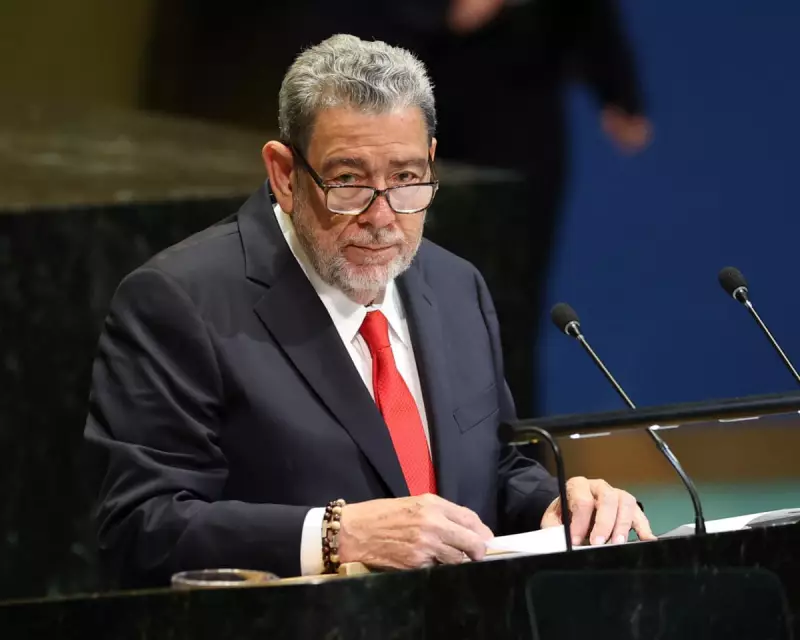
Voters in St Vincent and the Grenadines are heading to the polls on Thursday in an election that pits the long-serving Prime Minister, Ralph Gonsalves, against a determined opposition, with the veteran leader seeking an unprecedented sixth consecutive term in office.
A Tight Contest for Power
The electoral battle is shaping up to be a closely fought contest between Gonsalves's ruling Unity Labour Party (ULP), which has held power since 2001, and the opposition New Democratic Party (NDP). The ULP narrowly secured nine of the 15 parliamentary seats in the last election, despite the NDP winning the overall popular vote, indicating a highly competitive political landscape.
The ULP's campaign has heavily emphasised its record on economic development. A recent World Bank assessment projects that the nation's economic growth is expected to remain "robust at 4% in 2025". The report highlighted that despite significant setbacks, including the pandemic, the devastating 2021 La Soufrière volcanic eruption, and the catastrophic impact of Hurricane Beryl last year, economic activity has recovered strongly, buoyed by tourism and infrastructure investment.
Legacy and Controversy: The Gonsalves Era
During his more than two decades in power, Gonsalves has overseen transformative projects, most notably the construction of the country's first international airport. This development has facilitated a tourism boom, attracting major hotel brands like Sandals and Holiday Inn to the archipelago.
On the global stage, Gonsalves has been a prominent advocate for climate justice and slavery reparations. Domestically, his government has prioritised education, providing scholarships that have enabled many citizens to pursue undergraduate and postgraduate degrees who otherwise could not afford university.
However, the 79-year-old leader's advanced age has become a point of contention. Historian Adrian Fraser noted that some voters are questioning his continued leadership, wondering "why the prime minister would want to continue at this age."
The opposition NDP, led by Godwin Friday, has accused the government of "failure and broken promises," pointing to the rising cost of living and unemployment, particularly among the youth. The NDP's manifesto pledges to create more and better-paid jobs, tackle rising crime and violence, and improve the nation's healthcare and infrastructure.
Key Electoral Battlegrounds and Diplomatic Stakes
A significant point of differentiation is the NDP's historical position on foreign policy. In 2016, the party stated it would align with Beijing and adopt a "one China" policy, which would mean severing long-standing diplomatic ties with Taiwan. Under Gonsalves, SVG has maintained a cooperative relationship with Taiwan, yielding benefits such as scholarships, support for the international airport, and assistance in building a state-of-the-art hospital.
International relations lecturer Emanuel Quashie warned that a sudden switch in allegiance would have serious implications, affecting students studying in Taiwan and projects currently funded by Taipei. The NDP's latest manifesto is ambiguous on the issue, speaking only of "reviewing international partnerships" and broadening relations with other countries, including the UK.
Another contentious campaign issue has been the government's pandemic response. The NDP has criticised the vaccine mandate for frontline workers, which resulted in job losses for some. The tension around this policy turned violent in 2021 when Gonsalves was hospitalised after being struck in the head with a stone during an anti-mandate protest.
The NDP has also promised to introduce a citizenship by investment programme, a scheme already offered by other Caribbean nations. St Vincent and the Grenadines is currently the only member of the six-state Organisation of Eastern Caribbean States not to have such a programme.
As voters prepare to cast their ballots, the election represents a critical juncture for the nation, balancing the stability and experience of a two-decade incumbency against calls for change and new direction.





